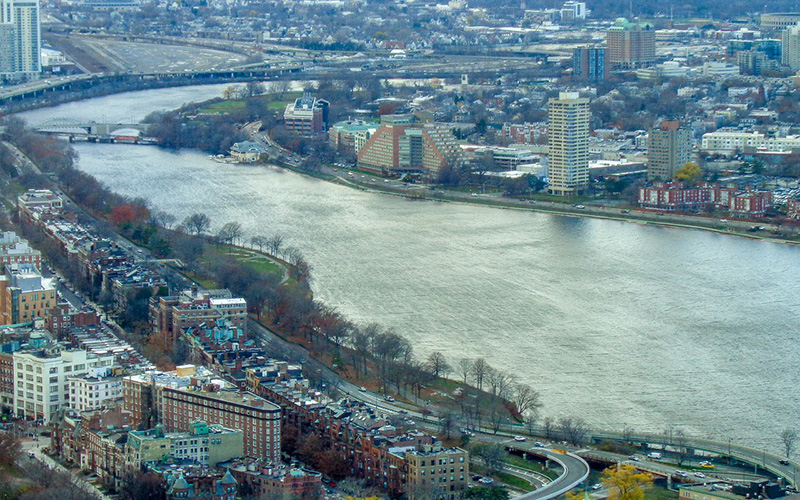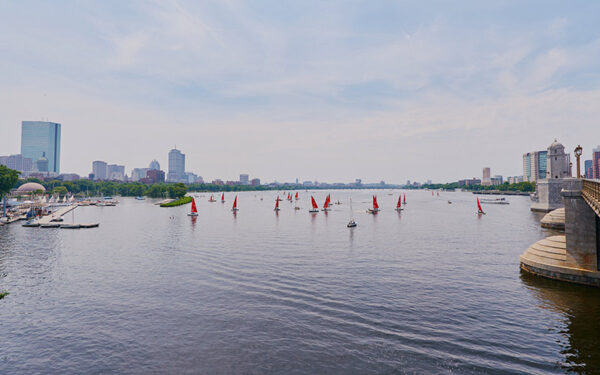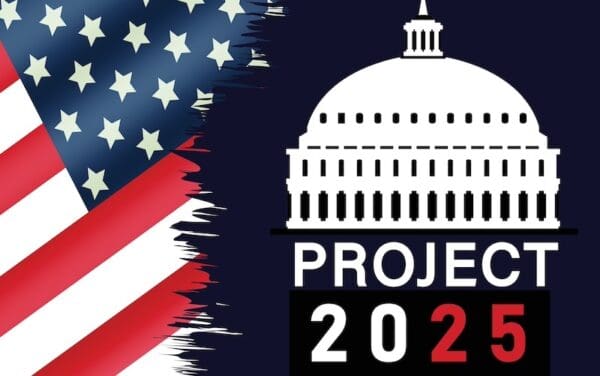
Call your representatives and ask them not to shortchange clean water in Massachusetts.
Over the past 15 years, the Massachusetts Department of Environmental Protection (DEP) has been run by three different governors from both parties, but there’s been one constant – major cuts to DEP’s budget and staff, which have left the agency struggling to carry out its mission. And, with a hamstrung DEP, the threats of pollution to our public health and environment loom even larger for the people of the Commonwealth.
But despite this glaring gap in funding, Governor Baker’s DEP wants to take on a huge new workload – the Clean Water Act permitting program for polluters that release tainted water into our lakes, streams, rivers, wetlands, and the ocean. This program is currently run by the federal government, so there’s really no reason for DEP to take on this enormous new responsibility right now.
Even more concerning is how poorly they plan to fund the program. They think they can get the job done for less than half the amount that the previous administration under Deval Patrick calculated would be necessary to do the job when they looked at the idea back in 2013.
Why on earth would DEP want to do this, when their budget is already so tight? The clearest answer is that DEP is getting a lot of political pressure from polluters (industrial polluters as well as cities and towns that need permits for their wastewater and stormwater pollution) to take the program over from EPA. Those polluters believe that an underfunded DEP will let things slip through the cracks, thereby making it cheaper and easier to pollute. The polluters know that a state agency that is underfunded and understaffed is not an agency that will be able to effectively enforce anti-pollution laws.
The bill that would allow DEP to take on this new program, H.2777, is before the state legislature right now, waiting to be decided on by the Joint Committee on Environment, Natural Resources, and Agriculture. On Tuesday, CLF’s President Brad Campbell testified to the Committee in opposition to this bill, based on the lack of adequate funding for DEP to do the job right – but the vote count is still too close for comfort.
You can help. If you care about preventing Massachusetts residents from being exposed to more pollution, now is the time to contact your representative.



